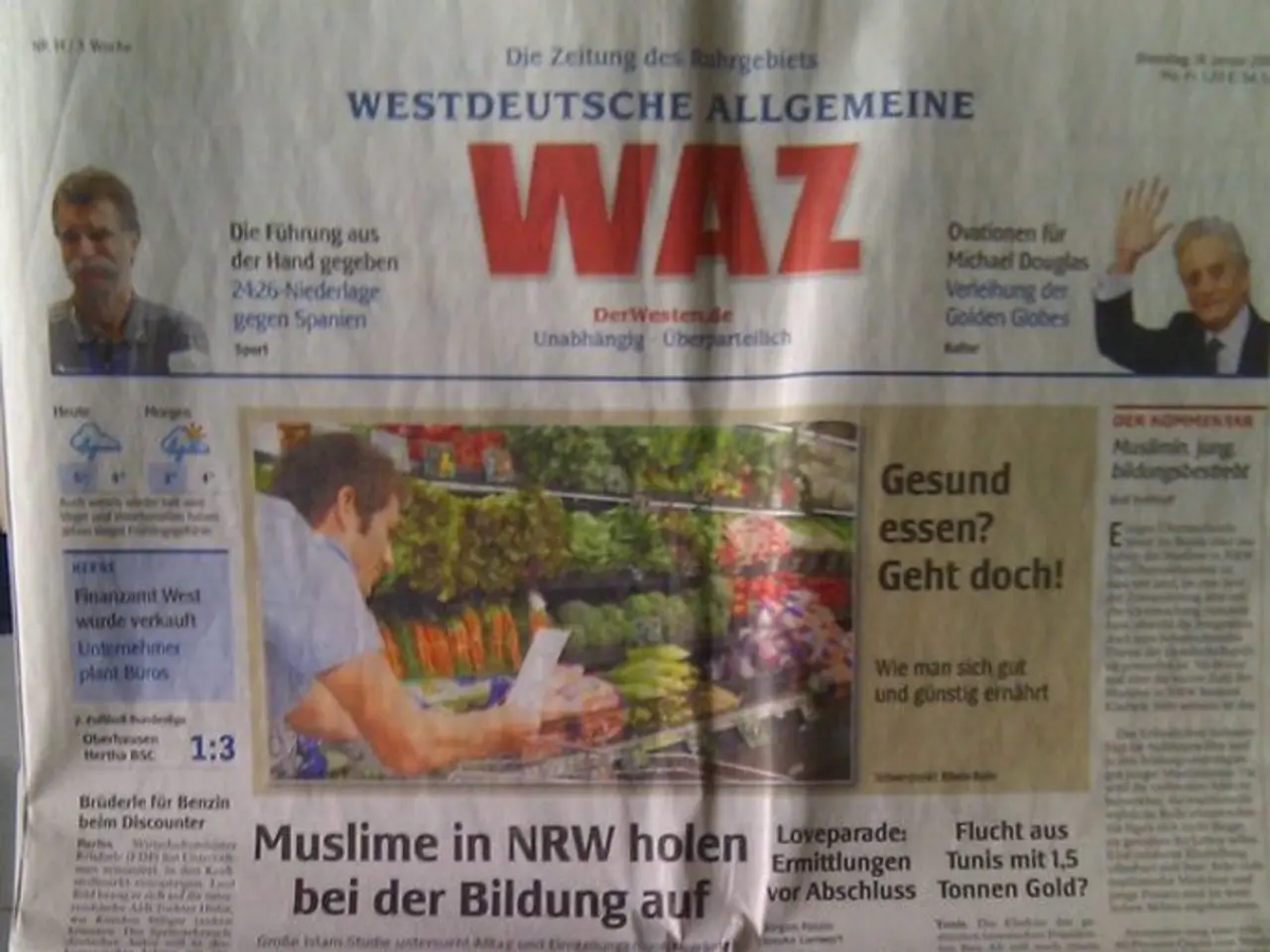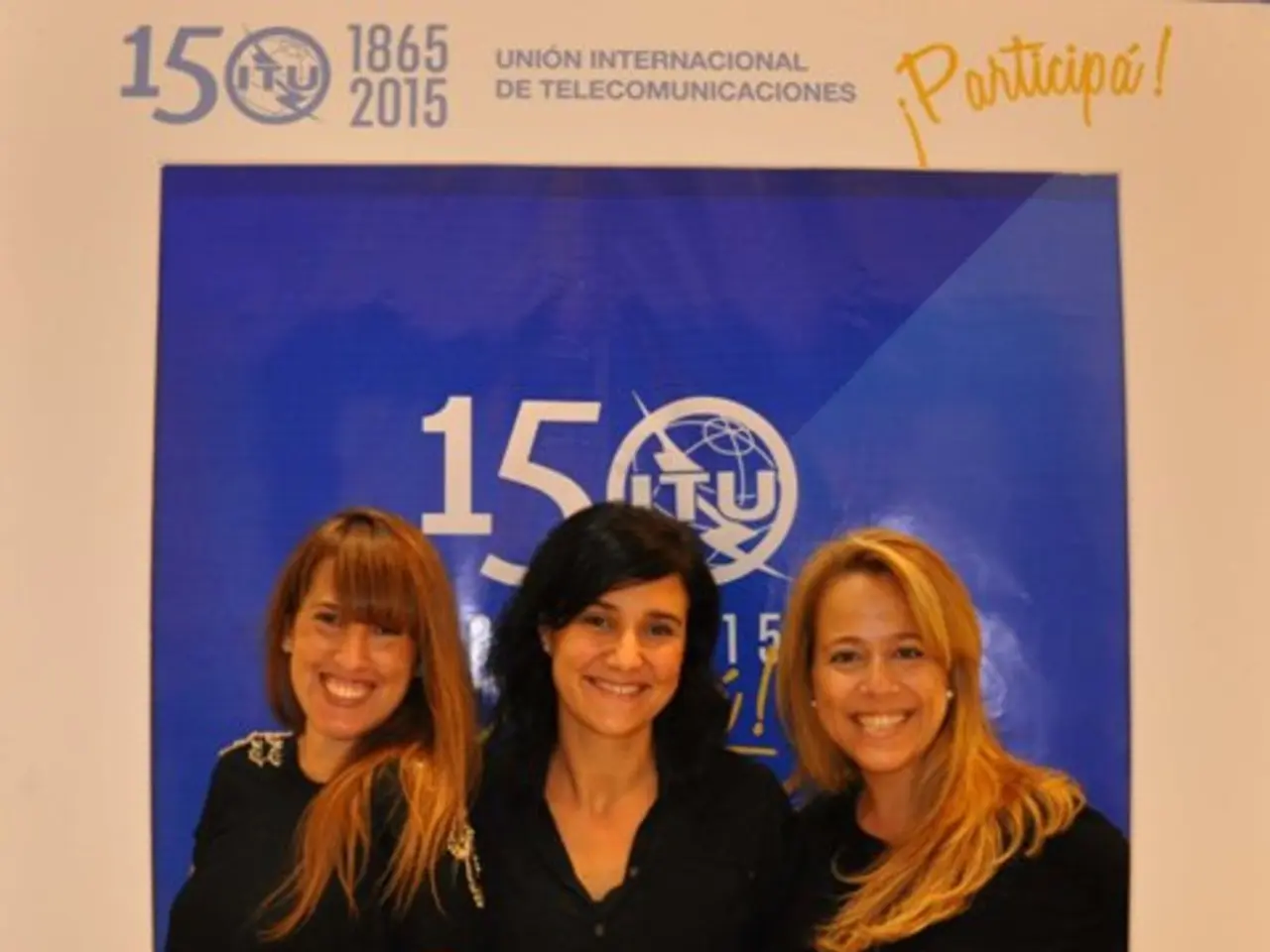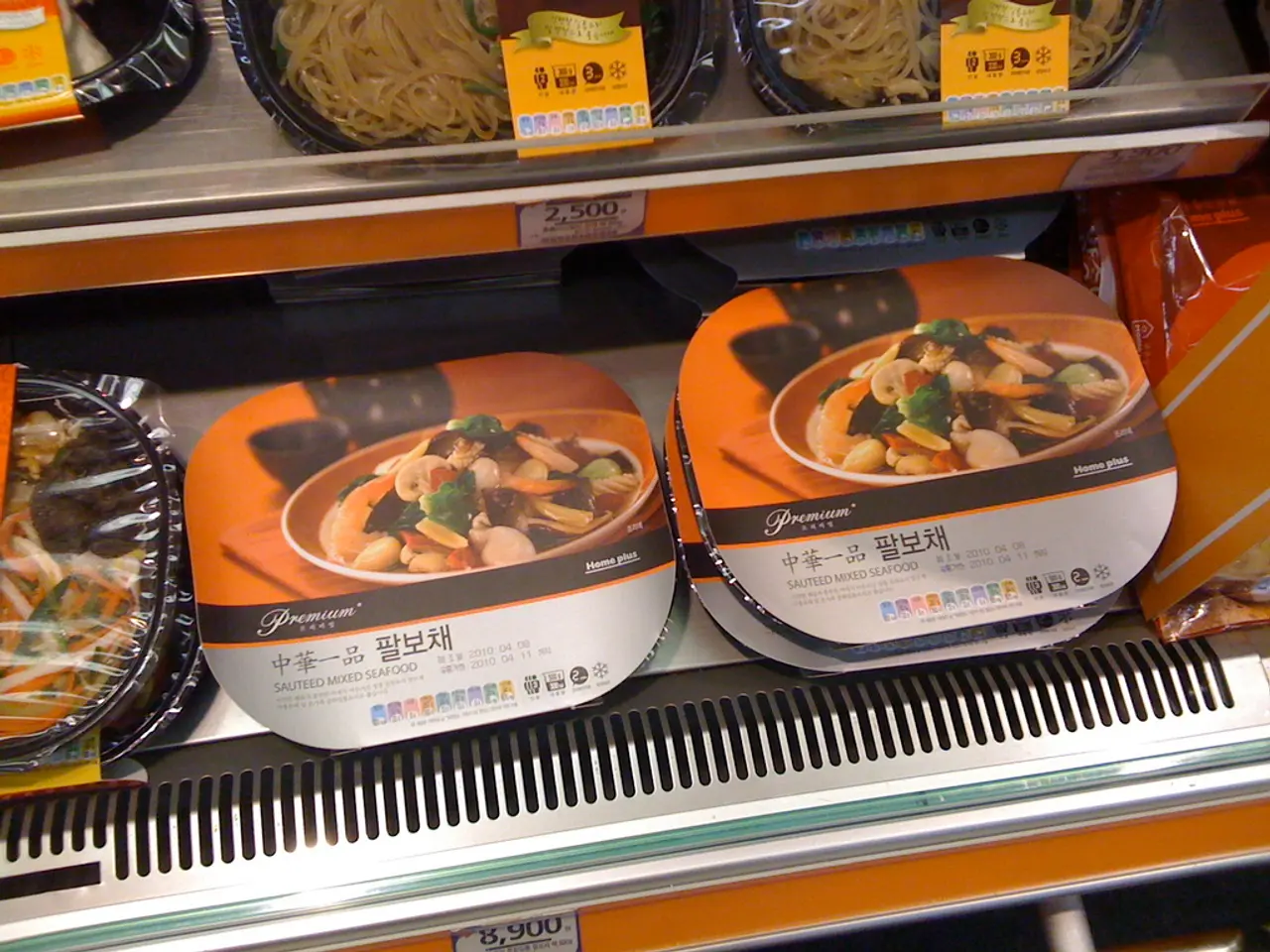Make Your Cuppa Global: ChaTraMue's International Expansion on the Horizon
Amidst Financial Challenges, ChaTraMue, a Leading Thai Tea Manufacturer, Pursues Global Growth
In the heart of Southeast Asia, Thailand's reigning tea titan, ChaTraMue, is brewing up a storm with its ambitious plans to conquer the global tea market. Wielding a commanding 70% share of the Thai tea sector, this pioneer of Thailand's iconic iced milk tea is celebrating its 80th anniversary by venturing into uncharted territories.
ChaTraMue's Managing Director, Praonarin Ruangritthidech, recently unveiled the company's audacious strategy to expand its presence in four new countries, despite facing economic pressures impacting some of its domestic outlets. As of now, ChaTraMue exports to 21 countries and operates in 11 markets, including the US, Singapore, and China.
Brace yourself, Canada, Laos, Mexico, and Indonesia, for the company intends to add these destinations to its international portfolio this year. Their ultimate goal? A whopping 130 overseas outlets by year-end. But don't fret, domestically, Praonarin is optimistic about the company's 20% growth target for 2025, despite a decline in some local branches due to economic conditions and decreased tourist numbers.
ChaTraMue's international expansion strategy hinges on strategic partnerships with local operators, a departure from its domestic stance of managing company-owned stores. As Praonarin puts it, "We don't have expertise in foreign markets, so opening branches internationally focuses on partnering with local partners."
The company's product development plans include the launch of "colourless Thai tea," "natural-coloured Thai tea," and a sparkling Thai tea kombucha targeting health-conscious consumers. Moreover, ChaTraMue has identified opportunities in the booming home-brewing market with ready-to-brew products.
The company's collaboration strategy has resulted in partnerships with diverse brands like bird’s nest producer Brands, Universal Music, ice cream maker Cremo, Japanese sushi chain Sushiro, and Korean fashion brand Sculptor. These collaborations aim to extend the Thai tea brand beyond traditional beverage categories.
ChaTraMue boasts a vertically integrated operation, encompassing tea cultivation in northern Thailand, its own production facility in Chiang Rai's Wiang Pa Pao district, and retail distribution through 220 domestic outlets, which it aims to expand to 250 by year-end.
Recent reports from Money & Banking Magazine suggest that ChaTraMue is eager to extend its footprint beyond Thailand. Under the leadership of the third generation, Praownarin Setthakit Ruangritdet, the company is gearing up for a strategic global growth initiative. ChaTraMue seeks to franchise its brand in key overseas markets, starting with neighboring countries, to broaden its global reach.
The future? A world where the traditional Thai milk tea becomes a global staple, promoting Thai culture as a form of soft power. Will the ambitions of ChaTraMue's third generation leadership translate globally in a competitive international tea market? Only time will tell.
- TAGS
- Thai Tea
- Beverage
- Thai Brand
- International Expansion
- business
- Thailand
- Tea Industry
- Third Generation Management
- Franchising
- Global Presence
- ChaTraMue, the Thai tea titan, is aiming to extend its global reach by franchising its brand in key overseas markets, starting with neighboring countries.
- The company's international expansion strategy involves strategic partnerships with local operators, a departure from its domestic approach of managing company-owned stores.
- In a bid to target health-conscious consumers, ChaTraMue plans to launch "colourless Thai tea," "natural-coloured Thai tea," and a sparkling Thai tea kombucha.
- Amidst economic pressures and decreased tourist numbers, ChaTraMue aims to achieve a 20% growth target domestically by 2025, and expand its international outlets to 130 by year-end, targeting new markets like Canada, Laos, Mexico, and Indonesia.
- ChaTraMue's ambitious international expansion could see the traditional Thai milk tea becoming a global staple, promoting Thai culture as a form of soft power, however, its success remains to be seen in the competitive international tea market.







